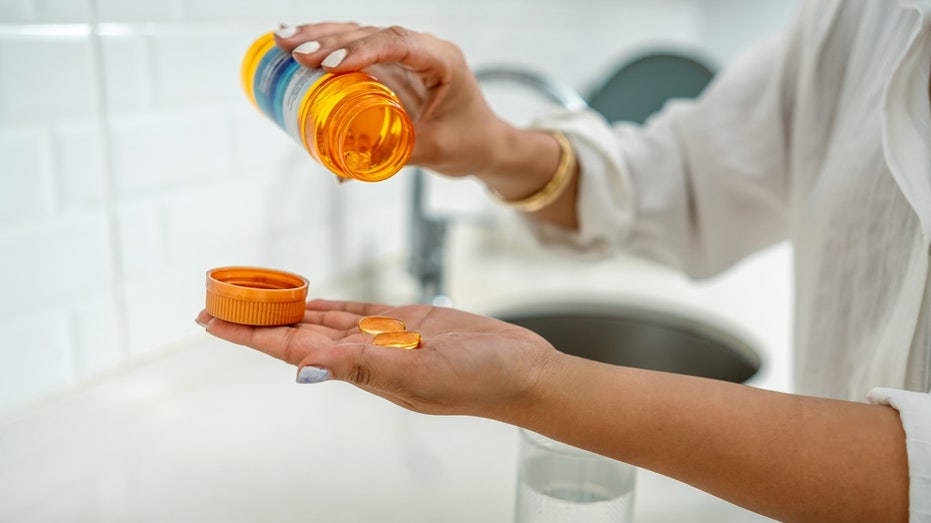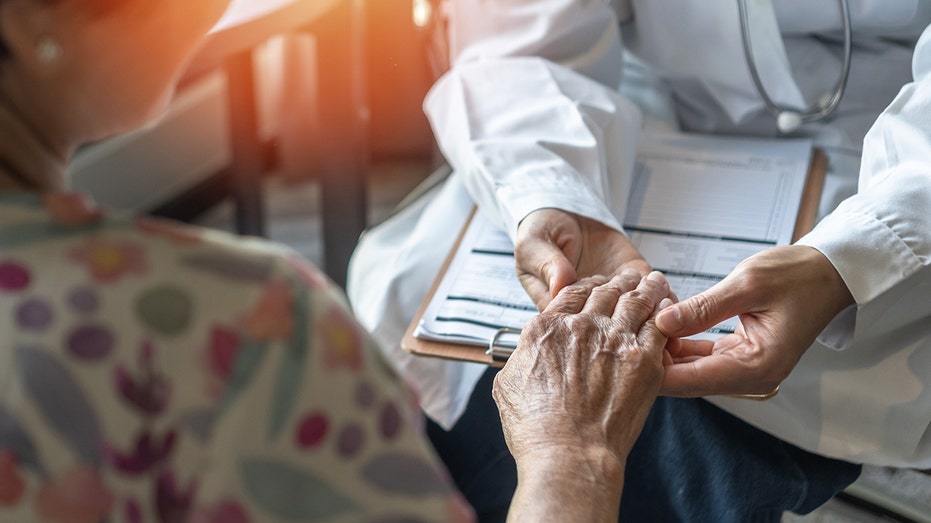Vitamin D Linked to Lower Colorectal Cancer Risk, Massive Study Finds

Sarah Johnson
April 22, 2025
Brief
New research links higher vitamin D levels to improved colorectal cancer outcomes, highlighting its potential role in prevention, treatment, and survival, though optimal dosing remains unclear.
Vitamin D has always been the golden child of bone health, but new research suggests it may also be a powerhouse for reducing the risk of colorectal cancer. In a sweeping meta-analysis published in Nutrients, Hungarian scientists reviewed 50 studies with more than 1.3 million participants, and the results are turning heads in the medical community.
Lead researcher Dr. János Tamás Varga from Semmelweis University highlighted that their findings strongly link higher levels of 25-hydroxyvitamin D—the body’s main form of vitamin D—to better cancer outcomes. Patients with low vitamin D levels, meanwhile, tended to fare worse when it came to colorectal cancer prognosis.
The study points to vitamin D’s ability to cut inflammation, encourage the death of cancer cells, slow tumor growth, and boost immune response. According to Varga, these effects could play a major role in how colorectal cancer develops and progresses.
Supplementing with vitamin D was also linked to improved survival rates for people battling advanced-stage colorectal cancer. But, as always, there’s a catch: the impact of vitamin D seems to depend on how much you take, your personal health, and how long you keep it up. It’s not a one-size-fits-all fix.
The American Cancer Society has previously mentioned a possible connection between vitamin D and lower cancer risk, especially for colorectal cancer. But not all the science is settled—large studies haven’t consistently shown that popping vitamin D supplements will keep precancerous polyps or cancer itself at bay.
The Hungarian researchers acknowledge that their findings aren’t perfect. The studies they analyzed used all sorts of vitamin D doses and included patients at different stages of disease. The team is calling for more research to nail down the best dosage and to better understand exactly how vitamin D works against cancer.
For now, Dr. Monika Fekete, another lead author, recommends that anyone at high risk for colorectal cancer should get their vitamin D levels checked and possibly take a daily supplement between 1,000 and 4,000 IU—especially if their levels are on the low side. She stresses that the right dosage should be tailored to each person’s unique health situation.
The researchers urge doctors to routinely monitor and supplement vitamin D levels as part of both prevention and treatment strategies. Fekete pointed out that while vitamin D is clearly important, scientists still need to pinpoint how it interacts with genetic factors and the nitty-gritty of cancer biology.
Most people can boost their vitamin D with some time in the sun, but it’s also found in foods like fatty fish and certain mushrooms. You’ll get some from fortified foods like milk, orange juice, and cereals, and of course, supplements are always an option.
With most Americans falling short on vitamin D intake, the American Cancer Society recommends avoiding low vitamin D levels—while the debate on its cancer-fighting powers rolls on.
Topics
Editor's Comments
Who knew catching a few rays or grabbing a glass of fortified OJ could be part of your anti-cancer routine? It almost makes you want to schedule a beach day for 'medical reasons.' Seriously though, science is still sorting out the details, but I’m betting pharmacies are about to see a run on vitamin D.
Like this article? Share it with your friends!
If you find this article interesting, feel free to share it with your friends!
Thank you for your support! Sharing is the greatest encouragement for us.



